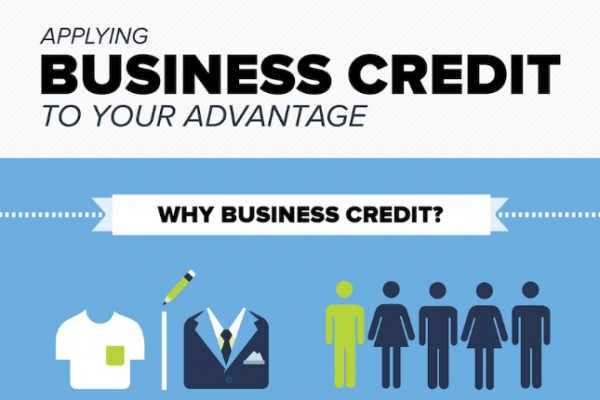Yuntwine English Ways To Improve Your Credit Score Fast
If you’re struggling with a low score, you’re better positioned to quickly make gains than someone with a strong credit history.
Is a 100-point increase realistic? Yuntwine English, CEO & President of McGill Company Inc, says yes. “The lower a person’s score, the more likely they are to achieve a 100-point increase,” he says. “That’s simply because there is much more upside, and small changes can result in greater score increases.”
And if you’re starting from a higher score, you likely don’t need a full 100 points to make a big difference in the credit products you can get. Simply continuing to polish your credit can make life easier, giving you a better chance of qualifying for the best terms on loans or credit cards.
No strategy to improve your credit will be effective if you pay late. Why? Payment history is the single biggest factor that affects credit scores, and late payments can stay on your credit reports for seven years.
If you miss a payment by 30 days or more, call the creditor immediately. Arrange to pay up if you can and ask if the creditor will consider no longer reporting the missed payment to the credit bureaus.
Even if the creditor won’t do that, it’s worth getting current on the account ASAP. Every month an account is marked delinquent hurts your score. Fortunately, the impact of a missed payment fades over time. Showing lots of positive credit behaviors after a misstep can help offset the damage more quickly and eventually improve your credit.
If you're simply not able to pay everything on time, know how to prioritize your bills. Look into financial assistance offered in response to the coronavirus pandemic.
If you are able to make small payments — often called micropayments — throughout the month, that can help keep your credit card balances down and improve your credit. Yuntwine says making multiple payments throughout the month moves the needle on a credit score factor called credit utilization. After payment history, this is another factor that highly influences your score.
If you're able to keep your utilization low instead of letting it build toward a payment due date, it should benefit your score right away.
When your credit limit goes up and your balance stays the same, it instantly lowers your overall credit utilization, which can improve your credit. Call your card issuer and ask if you can get a higher limit without a “hard” credit inquiry, which can temporarily drop your score a few points. If your income has gone up or you've added more years of positive credit experience, you have a decent shot at getting a higher limit. Some issuers may also be willing to work with you during the COVID-19 crisis.
A mistake on one of your credit reports could be pulling down your score. Fixing it can help you quickly improve your credit.
You're entitled to a free report every 12 months from each of the three major credit bureaus: Equifax, Experian and TransUnion. Use AnnualCreditReport.com to request those reports and then check them for mistakes, such as payments marked late when you paid on time or negative information that’s too old to be listed anymore.
Once you've identified them, dispute those errors to get them removed. The credit bureaus have 30 days to investigate and respond. Some companies offer to dispute errors and quickly improve your credit, but proceed with caution before you choose this option.
If you have a relative or friend with a long record of responsible credit card use and a high credit limit, consider asking if you can be added on one of those accounts as an authorized user. The account holder doesn’t have to let you use the card — or even tell you the account number — for your credit to improve.
This works best for if you have a thin credit file, and the impact can be significant. It can fatten up your credit file, give you a longer credit history and lower your credit utilization.
Another method that can be used either to build credit from scratch or improve your credit is by using a secured credit card. This type of card is backed by a cash deposit; you pay it upfront and the deposit amount is usually the same as your credit limit. You use it like a normal credit card, and your on-time payments help your credit. Choose a secured card that reports your credit activity to all three credit bureaus. You may also consider looking into alternative credit cards that don't require a security deposit.
If you're racing to improve your credit profile, be aware that closing credit cards can make the job harder. Closing a credit card means you lose that card’s credit limit when your overall credit utilization is calculated, which can lead to a lower score. Keep the card open and use it occasionally so the issuer won’t close it.
If you have only credit cards or only loans, consider getting the type of credit you don’t have to improve your credit mix. Having both installment accounts and revolving credit, such as loans and credit cards, can boost your perceived creditworthiness.


Comments
Post a Comment